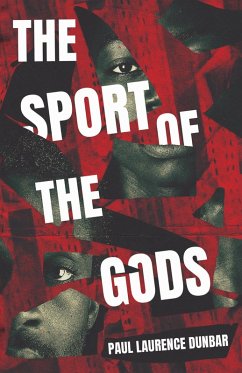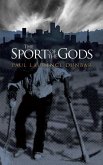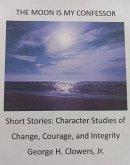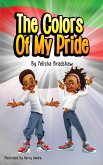Establishing Mary Wollstonecraft as the mother of feminist literature, A Vindication of the Rights of Woman is one of the earliest works of feminist philosophy.
This 1792 volume is a powerfully fierce rebuttal against eighteenth-century educational and political theorists who maintained that women should not be granted the right to education. Mary Wollstonecraft posits the essential nature of women's education to the strength of a nation and argues that they are human beings who deserve the same rights as those afforded to men. Now regarded as the founder of feminist philosophy, Wollstonecraft's voice echoes through generations of literary and political movements.
This 1792 volume is a powerfully fierce rebuttal against eighteenth-century educational and political theorists who maintained that women should not be granted the right to education. Mary Wollstonecraft posits the essential nature of women's education to the strength of a nation and argues that they are human beings who deserve the same rights as those afforded to men. Now regarded as the founder of feminist philosophy, Wollstonecraft's voice echoes through generations of literary and political movements.
Dieser Download kann aus rechtlichen Gründen nur mit Rechnungsadresse in A, D ausgeliefert werden.









